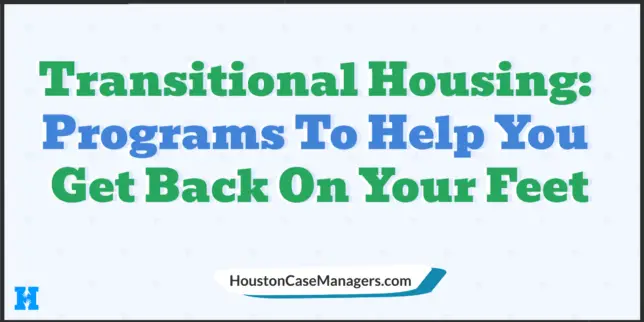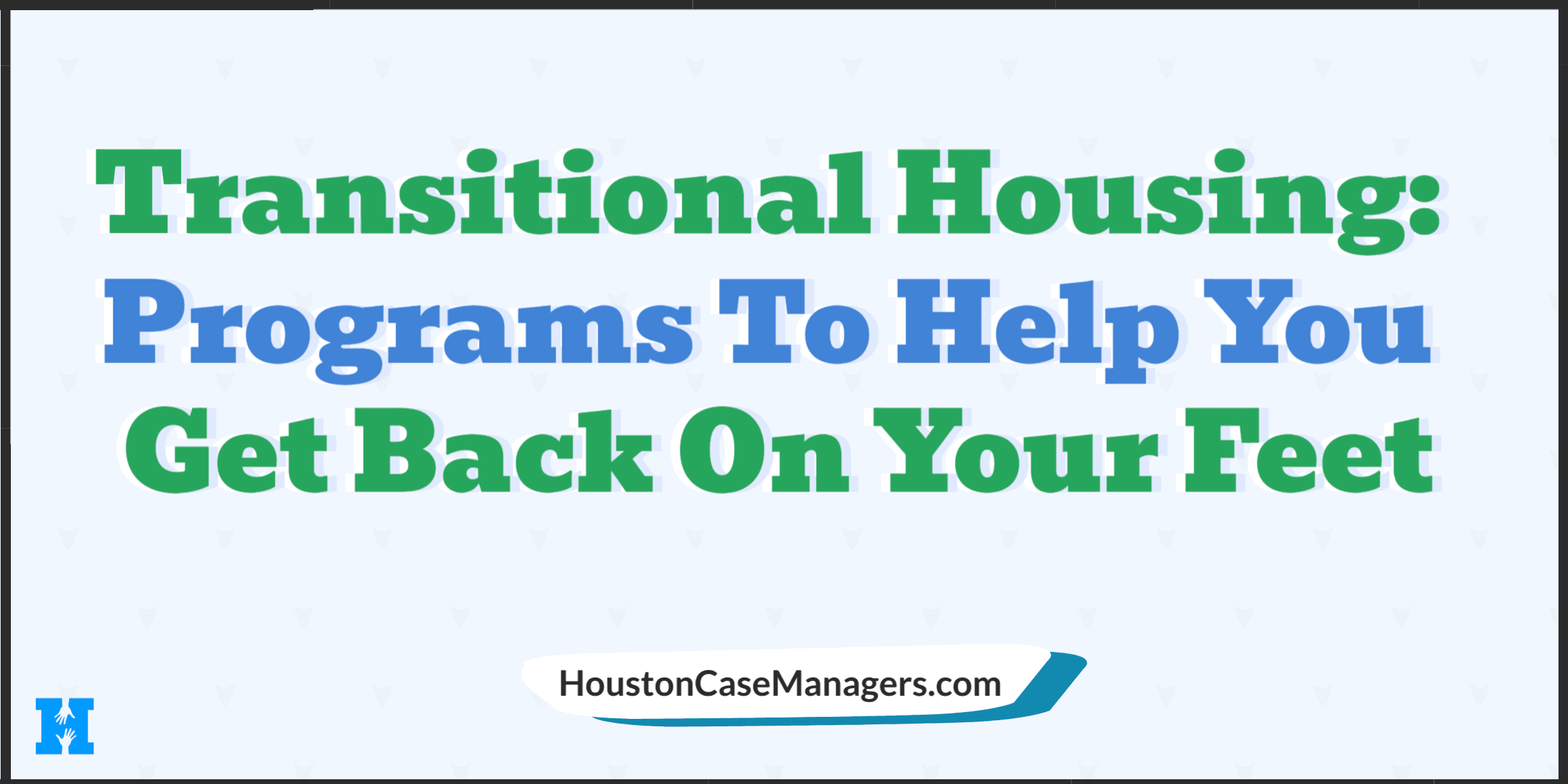Transitional Housing: How It Works And Where To Find A Place To Stay
In this community resource guide, you will learn about transitional housing programs.
If you are someone who is in need of a place to stay, you are not alone. Thousands of people each year find themselves without a home. That’s where transitional housing programs come in. They provide a safe and secure place for people who are working to get back on their feet.
But how do these programs work, and where can you find one?
Keep reading to learn more about transitional housing and the different ways you can access it. We’ve also compiled a list of resources so you can start your search today.
What Is Transitional Housing?
Transitional housing is a type of housing that offers supportive services to individuals who are experiencing homelessness or a housing crisis. This temporary housing typically provides a safe and structured environment for residents as they work to overcome challenges and transition into permanent housing.
There are many different types of transitional housing, each of which caters to a specific population. For example, there are transitional homes for survivors of domestic violence, individuals struggling with mental health challenges, those in recovery from drug addiction, and those who are temporarily homeless. While the populations served by these programs vary, all programs share the same goal: to equip residents with the skills and support they need to transition into permanent housing and lead successful lives.
How Long Can You Stay In Transitional Housing?
You may be wondering how long you can stay in transitional housing. The answer depends on the specific facility, but most independent living facilities allow residents to stay for a few weeks to a few years.
The length of stay is typically determined by the facility’s funding and the needs of the resident. For example, some facilities may have shorter stays for people who only need a place to stay while they look for a permanent home, while other facilities may have longer stays for people who need more time to get back on their feet. No matter the length of stay, transitional housing can provide a safe and supportive environment that can help people transition from homelessness or another crisis into permanent housing.
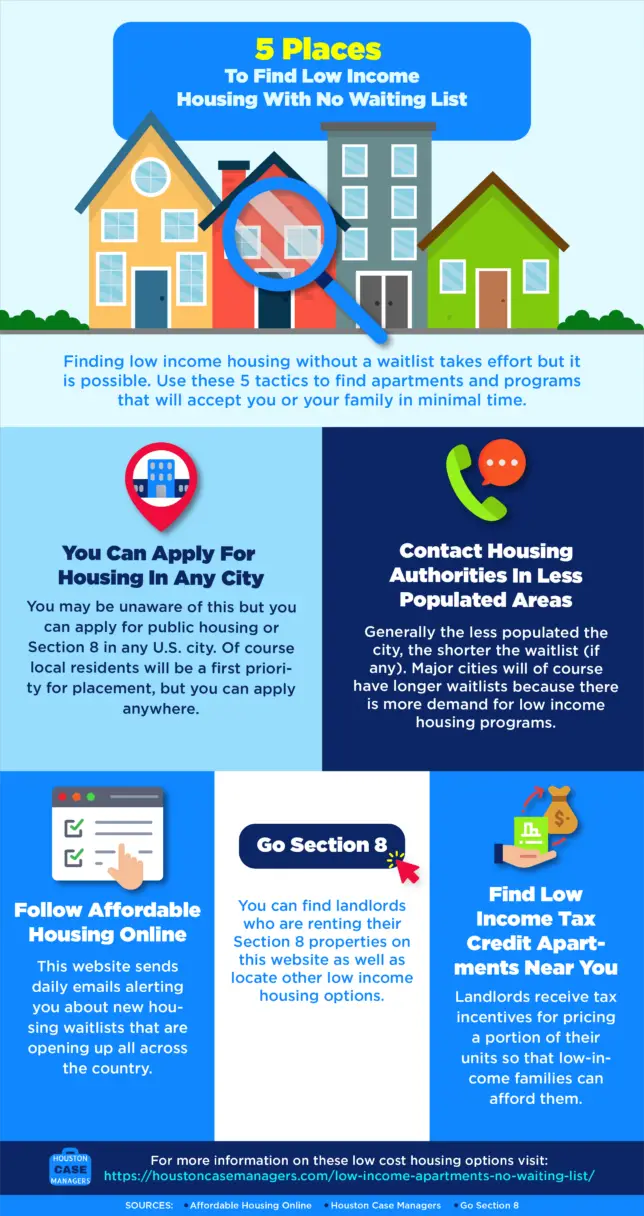
Situations Where You Would Need Transitional Housing
Situations like job loss, relationship abuse, and fleeing a natural disaster can often lead to homelessness. And when you’re homeless, you’re not just dealing with the trauma of your situation, but also the added stress of where you’re going to sleep each night and how you’ll stay safe. That’s where these temporary housing programs come in.
Transitional housing is designed to offer a safe space for people who are experiencing homelessness to process their trauma, work on the issues that led to their homelessness, and build a supportive network.
While transitional housing is more private than other emergency homeless shelters, it is not permanent housing. The goal is to provide a stepping stone from a crisis situation into permanent housing.
Who Operates A Transitional Housing Program?
HUD provides funding for transitional housing programs throughout the United States in order to prevent or end homelessness. State and city governments, churches, non-profits, and other charitable groups are common operators of transitional housing facilities.
These programs may focus on specific groups. This might include:
- Women and children
- Young adults
- Immigrants
- Individuals with substance abuse issues
- Those recently released from jail
In order to be effective, these programs must offer much more than just a roof over someone’s head – they also provide access to resources like job training, mental health services, and addiction counseling. With the right support, a transitional housing program can be a vital stepping stone on the road to stability and self-sufficiency.
Transitional Homelessness (The Most Common Reason People Are Homeless)
You may be surprised to learn that most homeless people are not actually chronically homeless. In fact, most people who experience homelessness are what supportive housing experts call “transitionally homeless.” This means that they are going through a major life change or crisis that has led to them losing their home.
Common causes of transitional homelessness include the loss of a partner, a medical condition, losing a job, a mental health challenge, divorce, domestic or sexual abuse, and more.
Often, it only takes one event to trigger a cascade of events that leads to someone becoming homeless. For example, if you lose your job and can’t afford your rent, you may become homeless.
4 Ways To Find Transitional Housing Near Me?
You can find transitional housing facilities near you by searching online, or by contacting your local homeless shelter.
1.) Homeless Shelters Directory
One website that offers a database of homeless shelters in the U.S. is Homeless Shelters Directory. Here you can find transitional housing facilities, as well as emergency shelters and long-term supportive housing options.
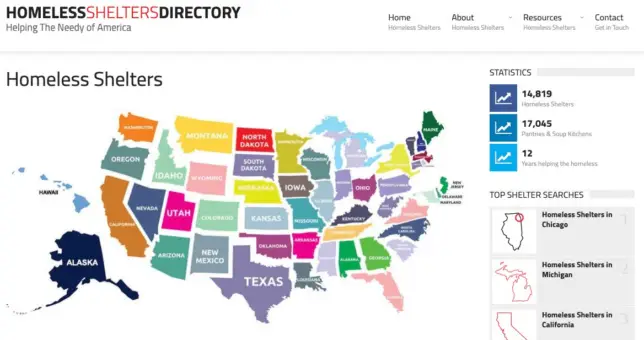
2.) HUD Resource Locator
Another website that can help you find transitional housing is HUD’s Resource Locator. This website offers an interactive map that you can use to find transitional housing programs in your area.
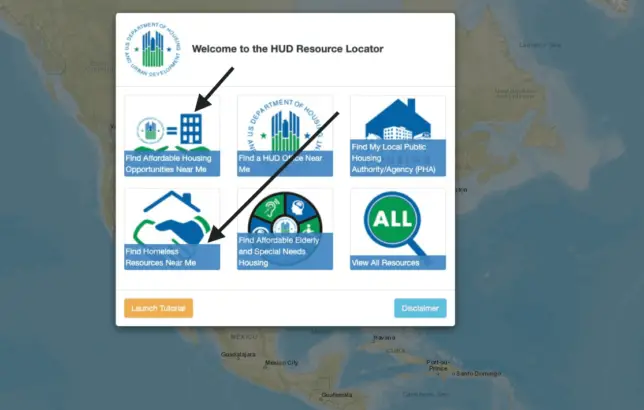
3.) Contact United Way To Find Transitional Housing In Your Area
United Way has a national helpline that can help you find transitional housing in your area.
You can call the United Way helpline at 211 to be connected to the resource specialist in your area. The resource specialist will provide you with a list of supportive housing programs as well as basic needs.
4.) Search TransitionalHousing.org
This website is dedicated to providing you with listings of temporary housing options to help you if you are suddenly facing homelessness. They can even connect you to substance abuse and other supportive services when you call them at 855.860.3119.
What Are The Different Types Of Transitional Housing?
There are many different kinds of transitional housing available to those in need. Low income families, individuals with substance abuse issues, homeless veterans, domestic abuse shelters, and individuals that were recently incarcerated can all find a program that meets their specific needs.
Transitional Housing For Women
You can find supportive housing for women by searching online or by contacting your local United Way by dialing 211. These programs offer women a safe place to stay as well as access to job training, childcare, and other resources.
Transitional Housing For Veterans
Veterans can find transitional housing by contacting their local VA Medical Center.
The VHA offers supportive services for veterans that are struggling with homelessness, mental illness, and substance abuse. These programs provide veterans with a safe place to stay as well as access to resources like job training and counseling.
Each type of transitional housing provides a different level of support and resources, but all can help those in need take the first steps towards a better future.
Conclusion
Transitional housing is an important resource for those who are struggling and can make all the difference in someone’s ability to get back on their feet.
There are many different types of supportive housing available, and you can find a facility near you by searching online or contacting your local homeless shelter. With the right support, transitional housing can help you take the first steps towards a better future.
Similar Articles That May Interest You:
- Where to Find Homeless Shelters In Houston That Accept Whole Families
- 11 Ways To Find Supportive Housing For Felons In Houston
- How To Find Emergency Housing If You Are Facing Eviction
- 7 Ways To Find Low Income Housing With No Waitlist
- How To Get Texas Housing Assistance In 30 Days Or Less
- Find Housing Programs In Houston
Nick Bryant is the author of Understanding Healthcare Is Half The Battle and a Senior Counselor with 13+ years of experience working in community health and mental health. He enjoys spending time with his family, watching WWE on Friday nights, and working toward a Google Data Analytics certification. If you have additional questions about community resources or government assistance programs, simply leave a comment below and he will follow up as soon as possible.

